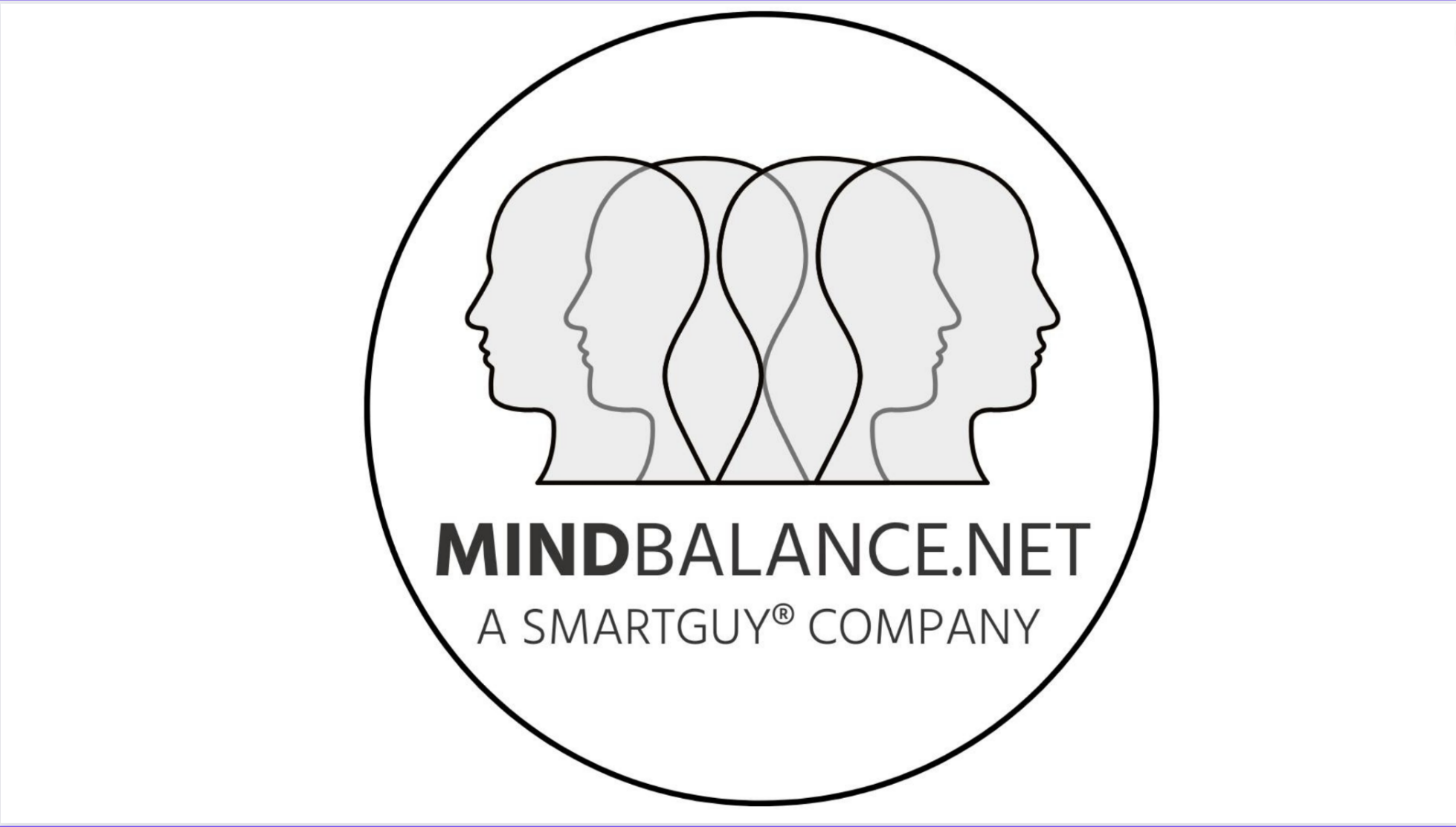Understanding Buddhism - Insights into Its Teachings Meditation and Cultural Impact
Buddhism, originating in the 6th century BCE with the enlightenment of Siddhartha Gautama, or the Buddha, in ancient India, is a path of spiritual development leading to insight into the true nature of reality. It's a non-theistic religion, focusing not on gods but on personal spiritual development and the attainment of a deep insight into the true nature of life.
Buddhist teachings are centered on the Four Noble Truths: the truth of suffering (Dukkha), the cause of suffering (Tanha), the end of suffering (Nirvana), and the path leading to the end of suffering (the Noble Eightfold Path). These teachings guide practitioners in understanding and transcending suffering through wisdom, ethical conduct, and mental discipline.
The Tripitaka, or Pali Canon, along with various Mahayana sutras, are key texts in Buddhism. These scriptures provide detailed guidelines on the teachings and practices of Buddhism. Rituals and practices vary widely among different Buddhist traditions but commonly include meditation, chanting, and devotional practices.
Ethical conduct in Buddhism is guided by the Five Precepts, which include refraining from taking life, stealing, sexual misconduct, lying, and intoxication. These ethical guidelines help cultivate a life of mindfulness and compassion.
Buddhism is rich in symbols, such as the Dharma Wheel representing the Eightfold Path, and the Lotus Flower symbolizing purity and spiritual awakening. Worship and prayer styles in Buddhism often focus on meditation and mindfulness practices, emphasizing personal spiritual growth.
Major festivals in Buddhism vary by tradition but often include Vesak (the Buddha's birthday), Bodhi Day (commemorating the Buddha's enlightenment), and Ullambana (honoring ancestors). There is no clergy in Buddhism in the way it exists in many other religions, but monks and nuns play a significant role in religious life, teaching the Dharma and leading community practices.
Places of worship, such as temples and monasteries, are important in Buddhism, serving as centers for meditation, learning, and community gatherings. Buddhism generally does not prescribe strict dietary laws, but many Buddhists follow vegetarianism or veganism, adhering to the principle of non-harm.
Buddhist views on the afterlife and salvation focus on the cycle of rebirth (samsara) and the pursuit of enlightenment (Nirvana), which is the end of suffering and the cycle of rebirth. The Buddhist community, or Sangha, includes both monastic members and lay followers, playing a key role in preserving and spreading the Buddha's teachings.
The influence of Buddhism on art, music, and culture is profound, especially in Asian countries, with distinctive styles of Buddhist art and architecture. Gender roles and family life in Buddhism vary, but the religion generally emphasizes equality and compassion.
Conversion to Buddhism is a personal and spiritual journey, often involving taking refuge in the Buddha, the Dharma (teachings), and the Sangha (community). Buddhism's approach to interfaith relations is typically open and inclusive, focusing on shared human values and the pursuit of inner peace.
Mystical and spiritual traditions within Buddhism, like Tibetan Vajrayana and Zen, emphasize direct experience and meditation. Modern movements in Buddhism address contemporary issues, adapting ancient teachings to the modern world. With its emphasis on mindfulness, compassion, and the pursuit of wisdom, Buddhism continues to attract followers worldwide, impacting global culture and individual lives.
Category: Mind Balance
Related Articles
- Unlocking Happiness and Success- Effective Positive Thinking Techniques
- Stress Management Strategies-Your Roadmap to a Calmer and Healthier Life
- Journey Within - A Jewish Path to Self-Discovery and Spiritual Growth
- How to become more decisive
- Pork Tenderloin with Mustard Cream Sauce
- Finding Strength and Safety in Scripture - 25 New Testament Passages to Combat Spiritual Attacks
- The Long-Lasting Impact of Child Abuse on Mental Health
- A Cautionary Vision - The Grim Future of a Divided World Without Love and Balance
- Illuminating the Path - Overcoming Ignorance and Misunderstanding in World Religions
- How to become a quick learner
- Stuffed Bell Peppers with Quinoa and Black Beans
- Uniting in Universal Love - Embracing Commonalities Across Faiths
- Mind Balance - for those who dare to redefine their limits
- 50 positive affirmations to be read every day
- Mastering the Mindset Shift - Effective Tips for a Positive Transformation
- How to become more stress tolerant
- Exploring World Religions - A Colorful Journey for Kids
- Navigating Technology and Media for Optimal Mental Well-Being
- Universal Pursuit of Happiness - Wisdom from World Religions
- Three Sentences from a Billionaire That Changed My Life and Made Me Millions
Business News
Popular Posts
- Universal Pursuit of Happiness - Wisdom from World Religions
- Overcoming Ego and Self-Centeredness - Lessons from World Religions
- Transcending Materialism - Spiritual Practices from World Religions
- Overcoming Prejudice and Intolerance - Guidance from Global Faiths
- How Mind Balance Can Improve the Mindsets of Employees
- Interfaith Insights by 1WorldPeace - The Top 100 Universal Beliefs in Global Spirituality
- Bridging Beliefs - Finding Common Ground in Love and Respect
- The SmartGuy Vision - A United Future Through Interfaith Love and Respect
- A Cautionary Vision - The Grim Future of a Divided World Without Love and Balance
- A Tapestry of Faiths - Exploring the Common Threads in World Religions
- Fostering Harmony Among Christianity Islam Buddhism Hinduism and Judaism
- Preparing Kids for Adulthood - 15 Vital Skills They Wont Learn in School
- Navigating Diversity - Jerusalem's Tactical Approach to Interfaith Harmony
- Clearing Mental Plaque: The Path to Enhanced Communication and Divine Connection
- Why Return to Jesus Christ and the Church
- Top 50 Ways to Live Longer
- Adventurous Romance -The Key to Enhancing Relationship Chemistry
- Pork Tenderloin with Mustard Cream Sauce
- Navigating Technology and Media for Optimal Mental Well-Being
- Understanding the Link Between Mental Health and Substance Abuse
